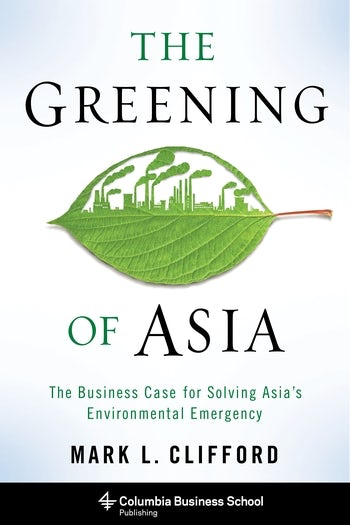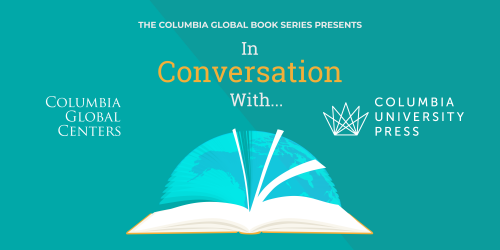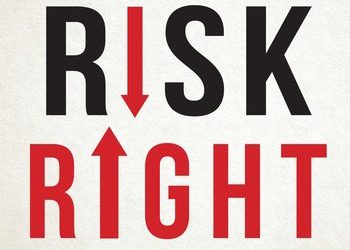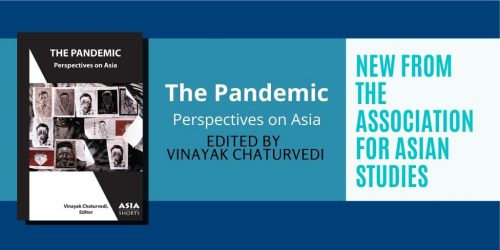Three Lessons from COVID-19 for the Next Pandemic: The State, Companies, and Civil Society
By Mark L. Clifford

“In this well-researched and ultimately optimistic account, Mark L. Clifford makes the case that environmental policies ‘can and must be fixed’ and gives us examples of companies that have worked to find private-sector solutions. In doing so, he sheds much-needed light on the workings and future of the region’s efforts on the environment and on the need for governments to set clear rules.”
~Joseph E. Stiglitz, Nobel Laureate in Economics
COVID-19 has forced the world to take unprecedented precautions and defenses to curtail the spread. Mark L. Clifford, one of Asia’s best-respected writers on business and economy and author of The Greening of Asia: The Business Case for Solving Asia’s Environmental Emergency, lists three lessons we can learn for the future from this pandemic.
• • • • • •
I’ve lived in Hong Kong for more than twenty years, and I can say with confidence that COVID-19 is not the last or probably even the worst pandemic of its kind. In Hong Kong we had SARs in 2003, killing 299 people, almost half the global death toll from that scary disease, one that had a much higher fatality rate than COVID-19. We have had avian flu, swine flu, Nipa Virus, MERs, and more.
Hong Kong lies on the eastern edge of the Pearl River Delta, a sprawling area home to some 70 million people—as well as countless ducks, pigs, chickens, and other animals. Many of the world’s deadliest viruses—including the so-called Spanish flu—came out of this area, typically when viruses jumped the species barrier, say, from pigs or bats or civet cats to humans.
“We simply have to accept that COVID-19 is just another in a long line of killer viruses.”
We simply have to accept that COVID-19 is just another in a long line of killer viruses. The question is, what can we as members of communities and countries do to reduce the killing power of future viruses?
First, ensure that government is effective. The most important function of government is to keep citizens safe and secure. The Chinese and the U.S. governments both failed spectacularly with COVID-19. The failures reflect the weaknesses of each system. China’s authoritarian instincts toward secrecy cost precious weeks in which the virus could have been contained. The U.S. failure reflected a broader distrust and dismantling of government that has left the largest economy in the world without 75-cent face masks, let alone $18,000 ventilators. Interestingly, Taiwan and South Korea performed far more effectively than either China or the United States. Their governments ran large numbers of tests, and health officials proved skilled at tracing those who were in contact with infected patients. There is no substitute for good government.
Second, companies matter. The state cannot do everything. We’re seeing the private sector ramping up mask production, working on vaccines, designing innovative ventilators, and experimenting with new medical treatment. Companies can move with a speed and precision that governments rarely match. On an individual level, companies often have quite personal relations with their employees, bonds that are different from those that the same people share with their nation, and companies can influence individual behavior. This isn’t to say that these ties are better or worse, just that they are different and should be used accordingly. Companies need to be guided by rules, and governments need to set these rules.
“Companies need to be guided by rules, and governments need to set these rules.”
Third, civil society: Governments and business only work because of the rest of us. Citizens pay taxes and agree to curbs on their behavior because they collectively decide that a state is better than lawlessness or anarchy. Individual businesses can only keep operating when customers decide they are willing to pay for its products. The business community needs a broader social license to operate—or risk significantly higher taxation or even nationalization. The role of citizens in democratic societies is part sniffer dog, part attack dog, part border collie. Citizens need to sniff out problems and weaknesses in the government and corporate side, and they need to attack those weaknesses. But they also need to act as sheep dogs, rounding up, pushing, and nudging individuals and coalitions to work together.
The last four decades have seen a conscious attempt to undermine belief in the efficacy of government throughout much of Europe and the United States. Business has emerged the winner, with faith in God giving way to faith in Adam Smith’s Invisible Hand.
“The last four decades have seen a conscious attempt to undermine belief in the efficacy of government throughout much of Europe and the United States.”
COVID-19 is the starkest example of how the Invisible Hand is too often clumsy and errant and in the end an Ineffective Hand. We do not know for sure how this novel corona virus jumped from bat to human in Wuhan, but we do know that secrecy and cover-up in China combined to produce pandemic. Citizens in democratic countries need to hold their governments and their companies to account in a world where pandemics and other natural disasters will become more common. Eternal vigilance is the price of liberty—and, we now see, of health.






